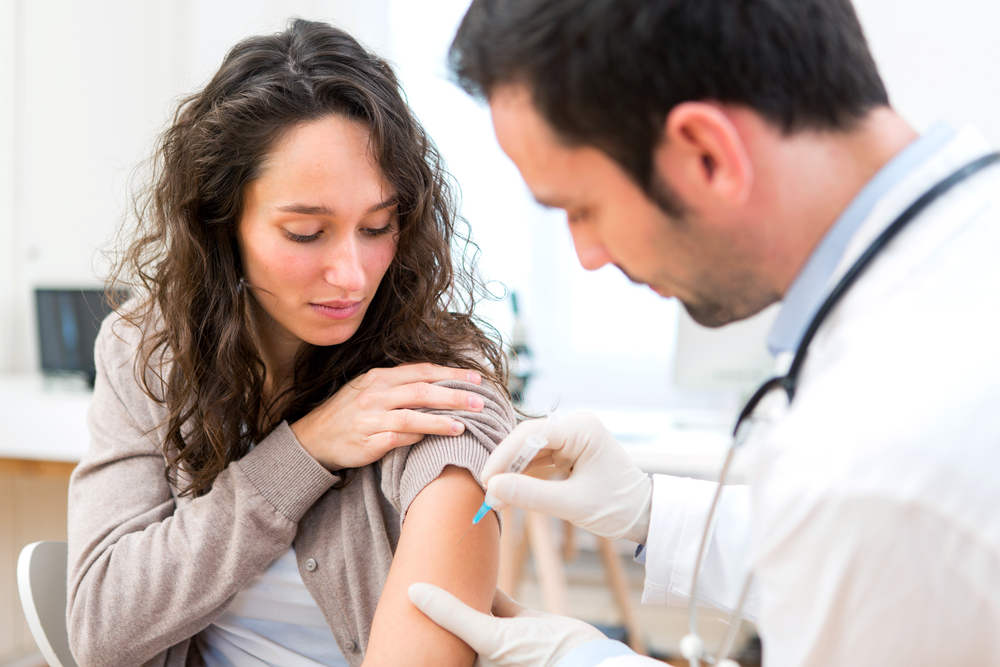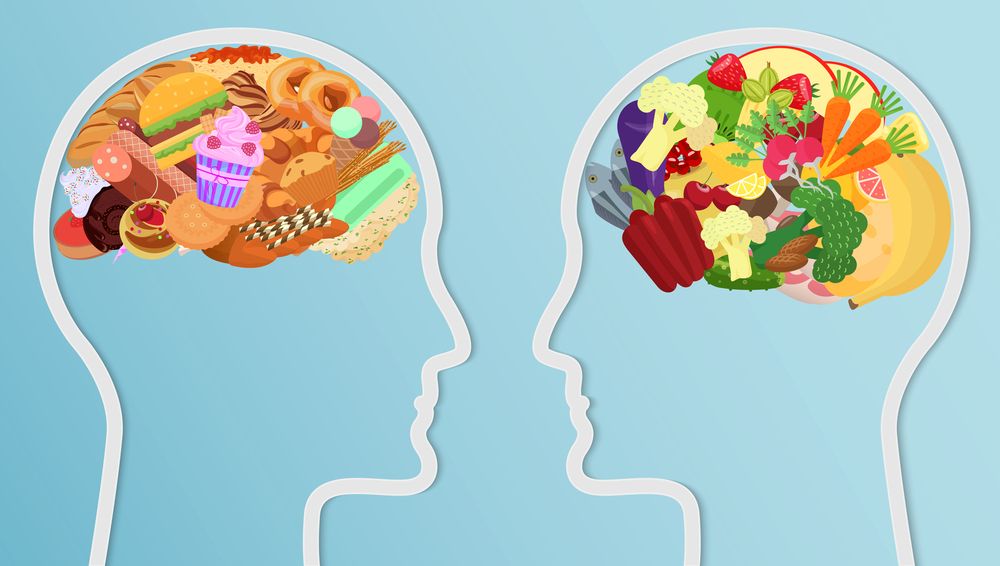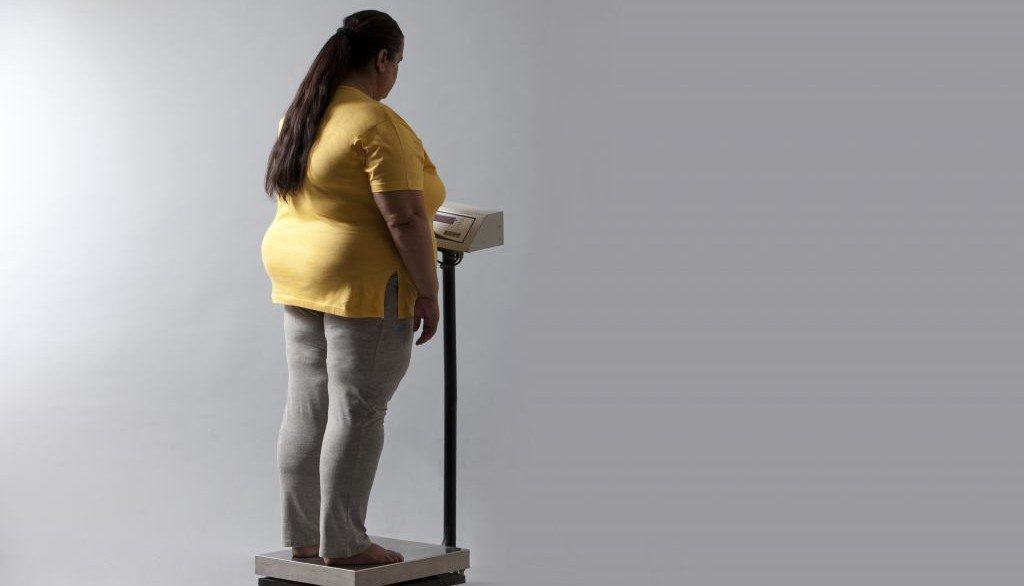Contents:
- Medical Video: Dr. Vandana Bhide: Vaccines prevent diseases (1:35)
- What is a vaccine?
- How the vaccine works
- Vaccine side effects
Medical Video: Dr. Vandana Bhide: Vaccines prevent diseases (1:35)
Vaccines are medical actions whose purpose is to prevent disease, not cure. That's why vaccines are very important given to everyone before being infected with certain diseases. However, giving vaccines is an issue that people often question. The reason is, many do not understand what a vaccine is or how vaccines work in the body. For that, see an important explanation about the vaccine below.
What is a vaccine?
The human body has an immune system (immune) which serves to protect the body from attacks by foreign organisms such as viruses or bacteria. The way it works is by sending certain cells to fight the germs that cause the attack. However, the immune system can weaken at certain times, so it is not strong enough to fight disease. Therefore a vaccine alias immunization is made.
Vaccines are biological "weapons" used to help the human immune system fight disease. Vaccines are made from microbes that cause weakened or dead diseases, or agents that contain certain toxins or proteins.
Although made from microbes or seeds of disease, you don't need to doubt its security. The reason is, as explained above, microbes in vaccines are forms that have been weak or dead so they will not cause the disease itself in the human body.
How the vaccine works
The way the vaccine works is to mimic the occurrence of the infection itself. When a vaccine is injected or dropped, the immune system will regard the vaccine as a foreign organism that will attack the body. The immune system will send special cells to eradicate vaccines. From there, the immune system will remember the alias to form a memory of the event.
As a result, the immune system will always be prepared for the actual disease attack because it has "remembered" which organisms are dangerous and need to be eradicated. Giving vaccines will reduce the risk of people getting sick.
Vaccine side effects
Like other medicines, several types of vaccines can trigger the appearance of side effects, both mild and severe. However, keep in mind that all vaccines that have been circulating in Indonesia have proven safe because they have undergone rigorous research and clinical trials, so the possibility of fatal side effects of vaccines will be very rare.
The mild side effects of vaccines are:
- Headache
- Colds or stuffy nose (like flu symptoms)
- Sore throat
- Joint pain
- Upper respiratory tract infection
- Diarrhea
- Fever
- Stomach ache
- Nausea and vomiting
- Redness and swelling
- Itchy
- Bruises and lumps in the injected part
- Muscle ache
- Limp body
- Ears ringing
While side effects are severe and rarely occur:
- Inflammation of the stomach and intestines
- Pneumonia
- Blood in urine or feces
- Severe allergic reactions (very rare)
- Seizures
- Awareness decreases
- Permanent brain damage
Before giving any vaccine to children or adults, you are advised to consult a doctor first. If you experience severe vaccine side effects, seek medical help immediately.
Hello Health Group does not provide advice, diagnosis or medical treatment.












